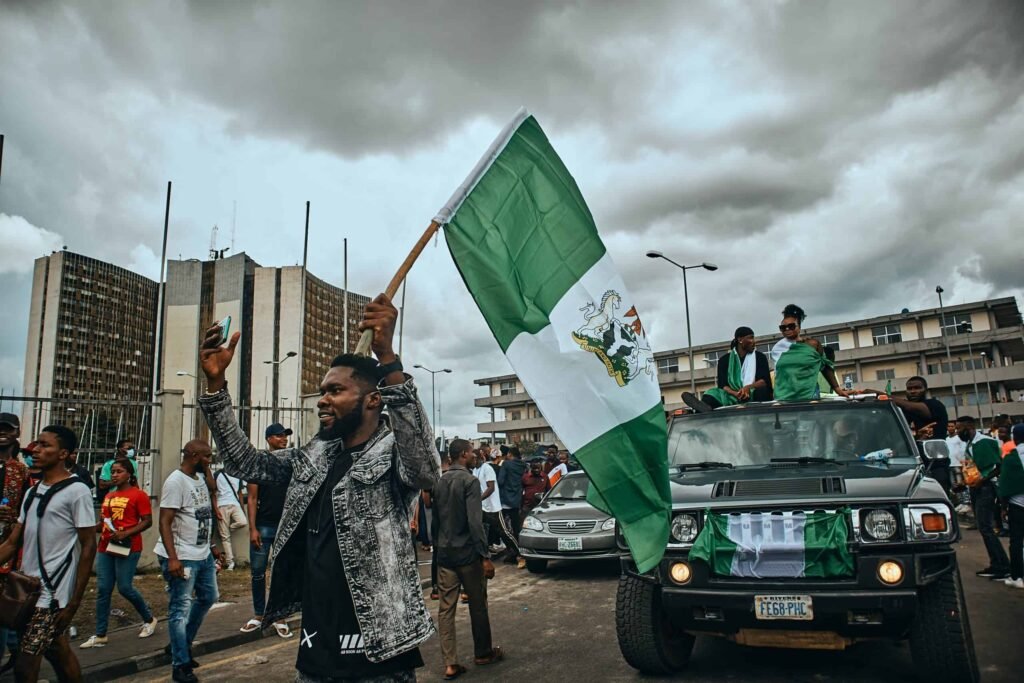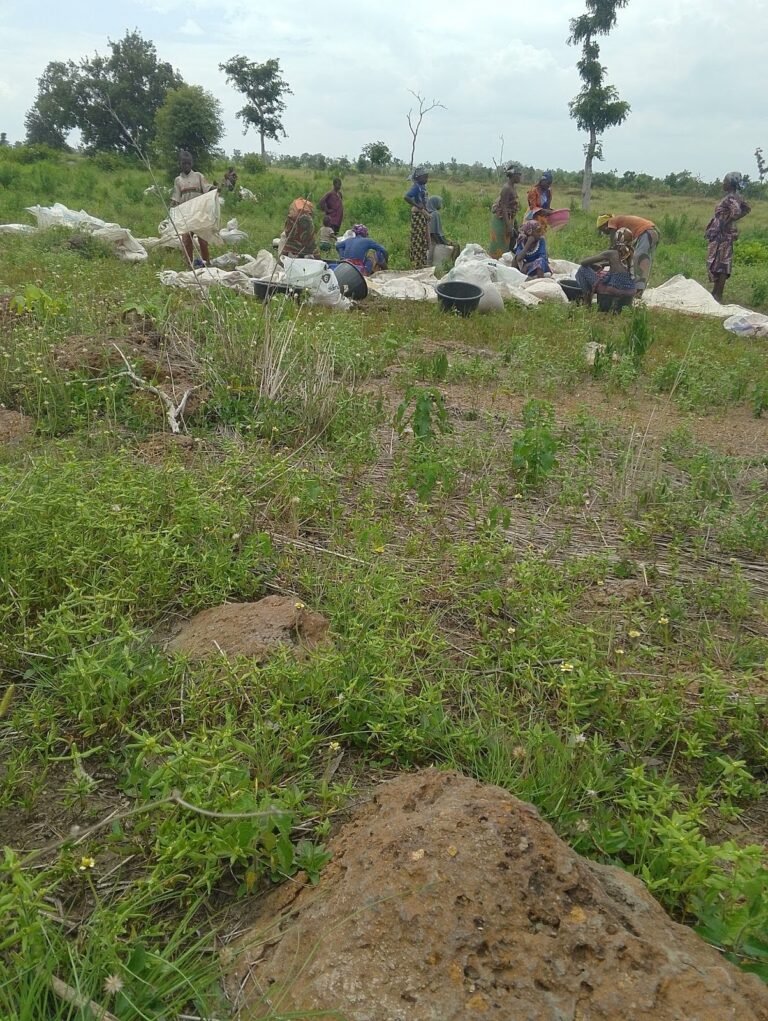Far from being robust institutions that were overthrown overnight, democracy in Africa was on shaky ground. The system was riddled with pervasive flaws that made it vulnerable to collapse.
Data from the Electoral Integrity Project indicates that many African nations rank low on electoral integrity. For instance, in its 2020 report, countries like Cameroon, Chad, and the Democratic Republic of Congo scored less than 40 out of 100 in electoral quality and fairness. These low scores hint at widespread electoral malpractice, voter suppression, and ballot fraud—conditions not conducive for a thriving democracy.
Take Gabon as an example. The country lost its nominally democratic president to the military, just hours after Ali Bongo Ondimba, who has been in power since 2009, was announced to a third term. Ostensibly a democracy, Gabon’s governance could better be described as hereditary, given that Ali Bongo succeeded his father, Omar Bongo, who ruled for 42 years. Such superficial democracies are not uncommon in Africa, illustrating how the tenets of democracy often take a back seat to entrenched power dynamics.
Subscribe to our newsletter!
IN CASE YOU MISSED THESE.
- Nigerians Need More Security and Rule of Law, Not Palliatives and Handouts
- Seeking Real Relief — Nigeria Beyond Palliatives
- Nigeria Needs Effective Private Sector to Reform its Education System
- How Free Are You?
- UK Varsity’s Move to Halt Nigerian-British History Professor’s Course is an Attack on Black Race
Meanwhile, the situation was not restricted to Gabon.
From Niger to Burkina Faso and Sudan to Guinea, military coups have now become a pervasive part of African politics. Even Nigeria, Africa’s most populous nation, has received veiled threats of a military takeover. The frequency of these coups indicates a crisis of governance, and it serves as a grim reminder that the continent is teetering on the edge of widespread instability.
The Ibrahim Index of African Governance (IIAG) revealed that as of its last data in 2020, overall governance in Africa was deteriorating for the first time in a decade. Key areas like security, rule of law, and economic opportunity were trending negatively, affecting the quality of governance and, by extension, the strength of democracy.
One of the major contributing factors to this democratic decline is a lack of accountability and the rule of law. Without these elements, governance deteriorates into a playground for the powerful, where military juntas or authoritarian figures operate with impunity. The absence of democratic norms erodes not just political stability but also the fabric of society, making systemic development almost impossible.
Transparency International’s Corruption Perceptions Index consistently ranks several African nations among the most corrupt in the world. In its 2020 report, Somalia, South Sudan, and Sudan were in the bottom ten. Such rampant corruption undermines public trust and weakens the democratic structures that are supposed to hold leaders accountable.
Subscribe to our newsletter!
IN CASE YOU MISSED THESE.
- Nigerians Need More Security and Rule of Law, Not Palliatives and Handouts
- Seeking Real Relief — Nigeria Beyond Palliatives
- Nigeria Needs Effective Private Sector to Reform its Education System
- How Free Are You?
- UK Varsity’s Move to Halt Nigerian-British History Professor’s Course is an Attack on Black Race
Weak Rule of Law and Obstructed Freedom of Expression
According to the World Justice Project’s Rule of Law Index 2020, countries like Zimbabwe, Cameroon, and the Democratic Republic of Congo rank among the lowest in the world in terms of the rule of law. A weak rule of law signifies that democratic institutions are not functioning as they should, often because the judiciary is not independent or because human rights are regularly violated.
According to data from the CIVICUS Monitor, a significant number of African countries have ‘obstructed’, ‘repressed’, or ‘closed’ civic spaces. Freedom of expression, a cornerstone of democratic governance, is stifled. For example, the Committee to Protect Journalists (CPJ) reported that in 2020, 47 journalists were imprisoned in Africa. This curtailment of the media handicaps the democratic process by stifling the watchdogs who hold governments accountable.
Subscribe to our newsletter!
IN CASE YOU MISSED THESE.
- Nigerians Need More Security and Rule of Law, Not Palliatives and Handouts
- Seeking Real Relief — Nigeria Beyond Palliatives
- Nigeria Needs Effective Private Sector to Reform its Education System
- How Free Are You?
- UK Varsity’s Move to Halt Nigerian-British History Professor’s Course is an Attack on Black Race
Low Political Participation
When democracy deteriorates and people lose interest in politics, the military sees an opportunity to explore. At that instant, people forget how the military tread on civil liberty when in power.
Data from Afrobarometer shows that in many African nations, political participation is declining. Its Round 7 surveys (2016-2018) reveal that in several countries like Uganda, Zambia, and Zimbabwe, less than 40% of the population attended community meetings, a vital indicator of civic participation and an essential element in any democracy.
The military coups that have rocked Africa are the culmination of a long period of deteriorating democratic practices. The fragility was evident in multiple spheres—including electoral integrity, rule of law, and freedom of expression. These shortcomings are not a justification to dump it for a military junta. The coup serves as both a warning and an opportunity to reexamine and reinvigorate the continent’s democratic processes.
Subscribe to our newsletter!
IN CASE YOU MISSED THESE.
- Nigerians Need More Security and Rule of Law, Not Palliatives and Handouts
- Seeking Real Relief — Nigeria Beyond Palliatives
- Nigeria Needs Effective Private Sector to Reform its Education System
- How Free Are You?
- UK Varsity’s Move to Halt Nigerian-British History Professor’s Course is an Attack on Black Race
Stay free and keep reasoning.















